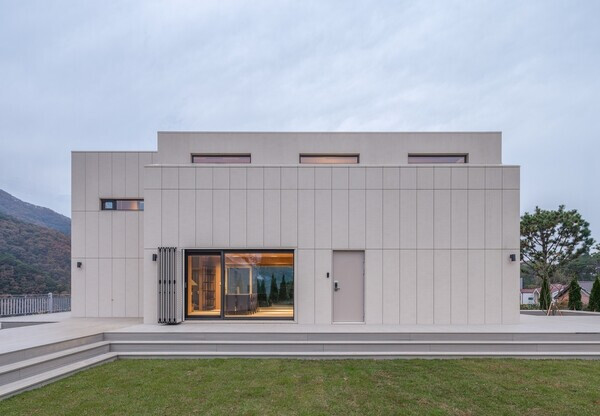
Seoul, South Korea – The South Korean villa rental market is undergoing a dramatic transformation as more tenants opt for monthly rent contracts over traditional jeonse agreements. This shift, particularly pronounced in Seoul and Gyeonggi-do, is primarily driven by a growing distrust in jeonse due to a spate of fraud cases.
Jeonse, a unique South Korean rental system where tenants pay a substantial lump-sum deposit at the start of the lease, has long been a popular choice. However, a series of high-profile incidents involving landlords failing to return jeonse deposits has eroded tenant confidence. As a result, many tenants are now turning to monthly rent contracts, which offer greater security but often come with higher overall costs.
According to data from the Ministry of Land, Infrastructure and Transport, monthly rent contracts now account for over 50% of all villa rental contracts in Seoul and Gyeonggi-do, a significant increase from previous years. This surge can be attributed to several factors, including:
Jeonse fraud: The widespread fear of jeonse fraud has prompted tenants to seek more secure rental options.
Interest rate hikes: Rising interest rates have made it more expensive for landlords to finance jeonse deposits, leading to a shift towards monthly rent contracts.
Affordability: For many tenants, monthly rent payments are more manageable than large upfront jeonse deposits.
Impact on the Rental Market:
The increasing popularity of monthly rent contracts is having a profound impact on the rental market.
Rising rents: As demand for monthly rentals grows, so too have rental rates. In both Seoul and Gyeonggi-do, average monthly rents have reached record highs.
Foreign investment: The shift towards monthly rent contracts has attracted significant foreign investment, particularly from private equity firms seeking to capitalize on the growing rental market.
Policy implications: The government is facing increasing pressure to implement measures to protect tenants and restore confidence in the jeonse system.
Expert Commentary
[Name], a renowned real estate expert, commented, "The jeonse fraud scandal has fundamentally altered the landscape of the South Korean rental market. Monthly rent is now the new normal for many tenants, who are prioritizing security over upfront costs. However, this shift also means that tenants are facing increased housing costs and reduced flexibility."
Looking Ahead
The future of the South Korean rental market is likely to be shaped by a combination of factors, including government policies, economic conditions, and evolving tenant preferences. As the jeonse system continues to evolve, it remains to be seen whether monthly rent contracts will become the dominant form of rental agreement in the long term.
Additional Considerations:
Government response: Explore specific government initiatives aimed at addressing jeonse fraud and stabilizing the rental market, such as strengthening tenant protection laws or providing government-backed rental guarantees.
Demographic shifts: Analyze how factors like an aging population and changing household structures are influencing rental market trends.
Comparison to other countries: Compare the South Korean rental market to those in other developed countries, highlighting similarities and differences.
By incorporating these additional elements, you can create a more comprehensive and informative article that provides readers with a deeper understanding of the complex issues shaping the South Korean rental market.
[Copyright (c) Global Economic Times. All Rights Reserved.]






























